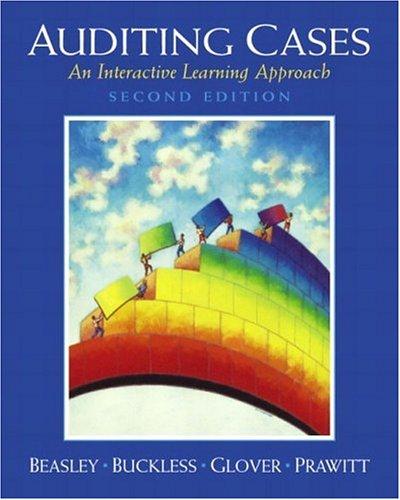Question
JSM argued for justice to ensure a level of equality existed for women in civil society. As a liberal philosophic thinker this concept may have
JSM argued for justice to ensure a level of equality existed for women in civil society. As a liberal philosophic thinker this concept may have seemed controversial at the time but over years of institutional change and perspective, this approach in the United States has garnered more approval. But what of the effects or deleterious impact of this marginalization over time?
Consider, Willie Stokes, a Philadelphia man who was freed from prison in January of 2022 after serving 37 years in prison. His case was marred by detectives who allegedly offered a witness, Franklin Lee, sex and drugs at police headquarters in 1983 in exchange for false testimony. Lee provided false testimony indicating that Stokes had confessed to a murder. Only later did Lee plead guilty to a perjury charge, admitting he'd made up the story about Stokes' confession due to the promises from the authorities. Mr. Stokes was convicted of murder in 1984. But Stokes didn't learn about that perjury plea until 2015, decades into a life sentence.
When examining situations like that of Mr. Stokes, do you believe there might be lingering impacts or resentment as a result of oppressive behavior? Do historically marginalized groups (women, ethnic and racial groups, immigrants, LGBTQ persons, etc.) have reason to distrust those in power within civil society? Is the civic response (i.e. protests, violence, boycotts, etc.) a valid means of effectuating a just response by the government - or are these actions, either too little or too much?
Step by Step Solution
There are 3 Steps involved in it
Step: 1

Get Instant Access to Expert-Tailored Solutions
See step-by-step solutions with expert insights and AI powered tools for academic success
Step: 2

Step: 3

Ace Your Homework with AI
Get the answers you need in no time with our AI-driven, step-by-step assistance
Get Started


